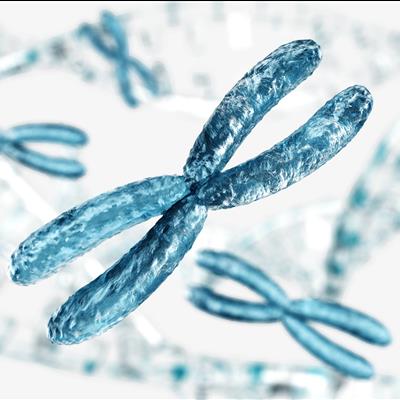November 10, 2022 -- Some male cancers of diverse subtypes activate the gene responsible for shutting down gene expression of the X chromosome, Xist, and display features of X inactivation, according to researchers at the Dana-Farber Cancer Institute in Boston.
Previously, researchers thought the X chromosome was only inactivated in female cancer cells, but new research published November 9 in the journal Cell Systems, shows around 4% of male cancer samples inactivate the X chromosome as well.
The researchers used publicly available datasets consisting of thousands of DNA samples from cancer patients around the world and in the 4% of male cancer samples, 74% were from reproductive cancers already shown to inactivate the X chromosome. However, 26% were from other cancer types including liver, brain, skin, heart, lung, and thyroid cancers.
The scientists posit this occurs due to genetic instability; cancers often have multiple copies of chromosomes, and if two X chromosomes are in one cell, it may be necessary to inactivate one of them by activating Xist whether that cell is in a female or male. It could also be that there are some important genes on the X chromosome that when silenced enable cancer to proliferate, the researchers said.
Determining the role genes on the X chromosome plays in cancer will be an area for future research. Because the samples "have been in many people's hands" there is more room for human error, according to co-corresponding author Cheng-Zhong Zhang, PhD, cancer biologist at the Dana-Farber Cancer Institute.
"This is the biggest source of uncertainty for us; we have to be creative in how we look at the data and find controls," Zhang said, so the scientists plan to do more studies to confirm their findings.
Copyright © 2022 scienceboard.net











